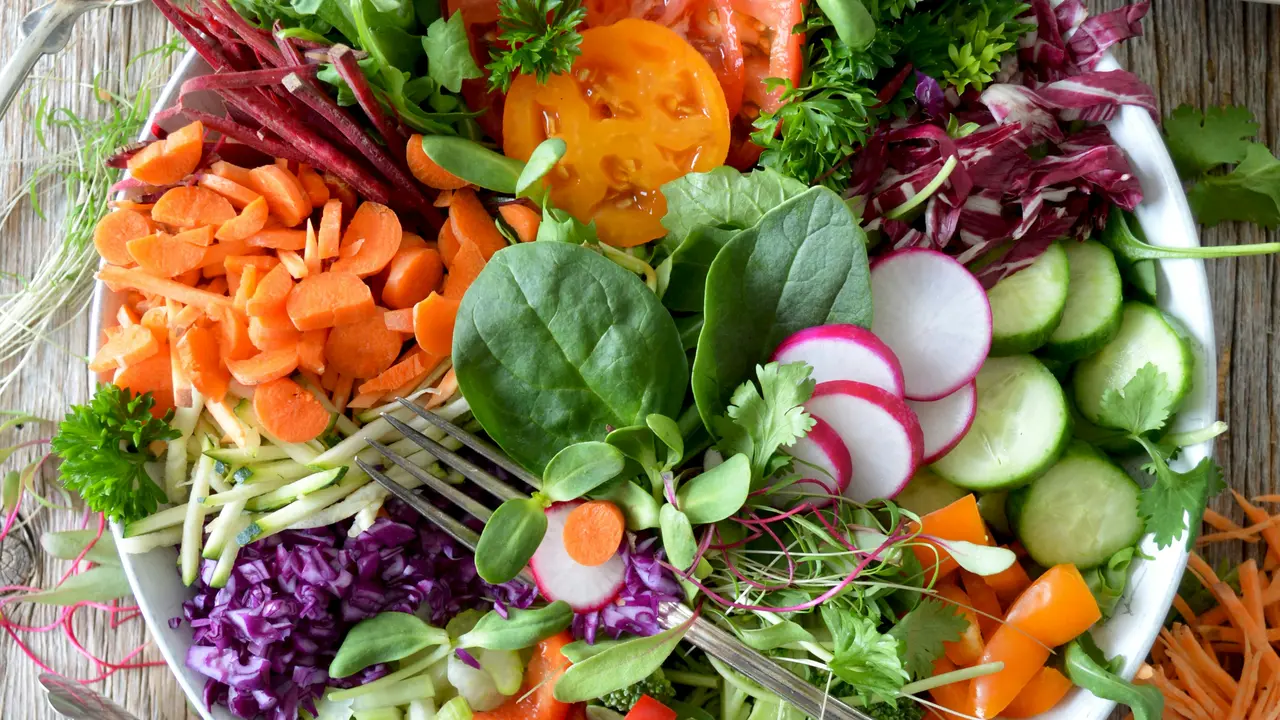Are you wondering, “does protein powder make you constipated?” You’re not alone! Many fitness enthusiasts and those trying to increase their protein intake ponder this very question. In this article, we will delve into the relationship between protein powder consumption and constipation, explore potential causes, and provide tips to mitigate any digestive issues. Let’s uncover the truth behind this common concern!
Understanding Protein Powder and Its Ingredients
What is Protein Powder?
Protein powder is a popular dietary supplement made from various sources, such as whey, casein, soy, or pea protein. It is widely used by athletes and fitness enthusiasts to help build muscle, aid recovery, and supplement dietary protein intake. However, with the rise in popularity of these products, some users have reported experiencing digestive issues, leading to the question: does protein powder make you constipated?
Common Ingredients That May Contribute to Constipation
Certain ingredients found in protein powders can potentially lead to constipation. These include:
- Low Fiber Content: Many protein powders lack sufficient dietary fiber, which is essential for healthy digestion.
- Artificial Sweeteners: Some protein powders contain artificial sweeteners, which can cause digestive discomfort in sensitive individuals.
- High Protein Levels: Excessive protein intake, especially without adequate hydration, can slow down the digestive process.
- Lactose: For those who are lactose intolerant, whey protein may trigger digestive issues, including constipation.
Does Protein Powder Make You Constipated? The Science Behind It
The Role of Protein in Digestion
Protein itself does not inherently cause constipation, but the way it is consumed can affect digestive health. High-protein diets have been linked to changes in gut bacteria and digestion speed. A sudden increase in protein intake, particularly through supplements, may contribute to digestive discomfort and constipation.
Hydration and Its Importance
One critical factor in preventing constipation while using protein powder is hydration. When increasing protein in your diet, it is essential to also drink plenty of fluids to help the digestive system process the higher protein intake effectively.
Tips to Prevent Constipation When Using Protein Powder
1. Choose High-Quality Protein Powders
Selecting a protein powder with added fibers or digestive enzymes can help alleviate constipation. These ingredients can promote better digestion and support gut health.
2. Balance Your Diet
Incorporate a variety of whole foods rich in fiber alongside your protein powder. This includes:
- Fruits such as apples, pears, and berries
- Vegetables like broccoli, carrots, and spinach
- Whole grains like oats, quinoa, and brown rice
- Legumes such as beans, lentils, and chickpeas
3. Stay Hydrated
As mentioned earlier, drinking adequate water is vital when increasing protein intake. Aim for at least 8–10 cups of water daily, and adjust based on your activity levels and overall diet.
4. Gradually Increase Protein Intake
If you are new to protein powder, gradually incorporate it into your diet. This approach allows your digestive system to adjust to the increased protein without overwhelming it.
When to Seek Medical Advice
Identifying Serious Issues
If you continue to experience constipation despite making dietary adjustments, it may be worth consulting a healthcare professional. Persistent constipation can be a symptom of underlying health issues that need to be addressed.
Possible Alternatives to Protein Powder
If you find that protein powder consistently causes gastrointestinal distress, consider exploring alternatives:
- Whole food sources of protein, such as chicken, fish, tofu, and legumes
- Protein-rich snacks like Greek yogurt or cottage cheese
- Non-dairy protein sources, if lactose intolerant, such as pea or rice protein
Conclusion
In summary, while the question “does protein powder make you constipated?” can have a nuanced answer, it largely depends on individual dietary habits and choices. By selecting high-quality protein powders, maintaining a balanced diet, staying hydrated, and gradually increasing protein intake, you can minimize the risk of constipation. If digestive issues persist, it may be time to seek guidance from a healthcare professional. Share your findings with others or check out our other articles to learn more about optimizing your nutrition!
Protein – Recent Articles
- Are Barebells Protein Bars Gluten Free? Find Out Here!
- How Much Protein in Sausages? Uncover the Surprising Truth!
- Discover What Are Two Antimicrobial Proteins That Fight Infections!
- Do Premier Protein Shakes Have Dairy? Discover the Truth!
- Will Protein Shakes Make You Constipated? Discover the Truth!
Protein – Useful Links
- Harvard T.H. Chan — The Nutrition Source: Protein
- Nutrition.gov — Proteins
- USDA FoodData Central
- Protein Information Resource (PIR / UniProt related resource)
- HelpGuide — Choosing Healthy Protein
